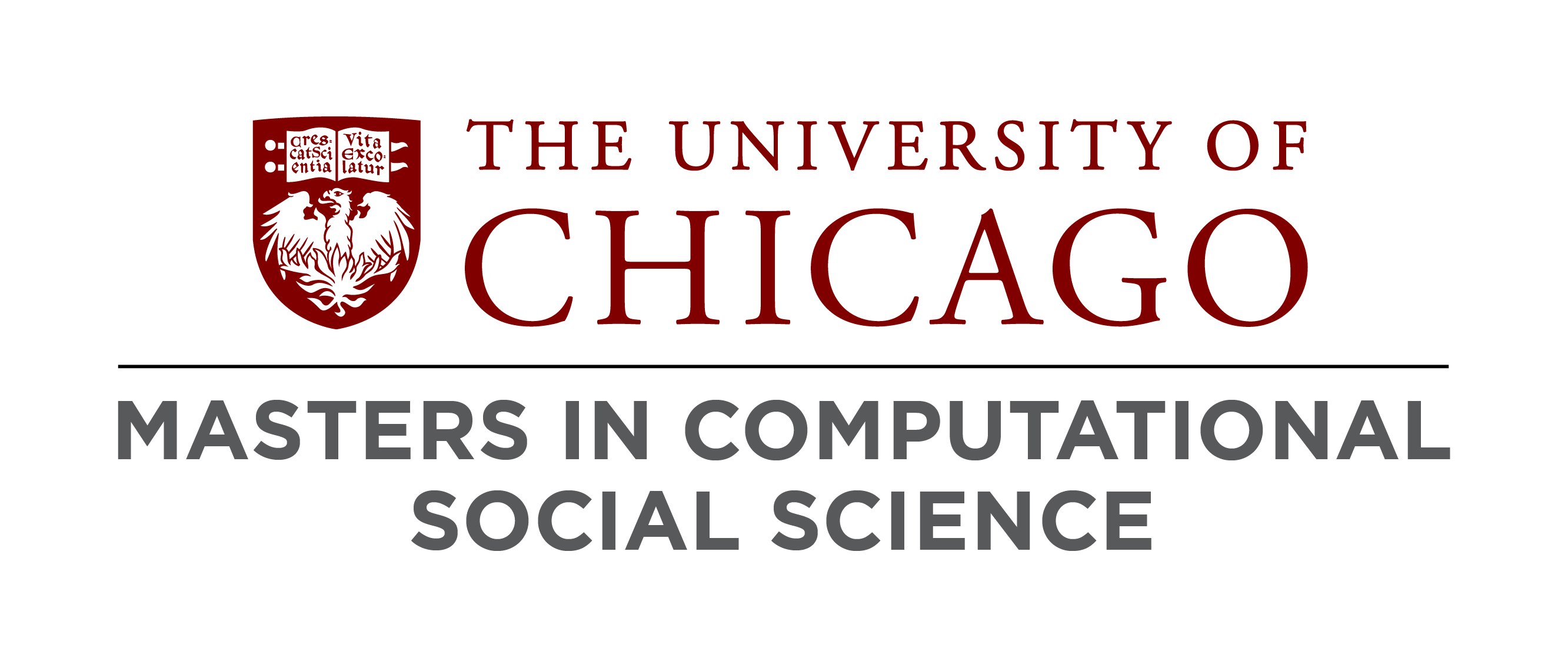
Schedule an office hours appointment.
Dr. Clindaniel is an Assistant Senior Instructional Professor in the Masters in Computational Social Science program and a computational anthropologist. His research broadly focuses on the ways in which computational strategies can be used to study material culture at scale.
For instance, large amounts of archaeological data have been digitized and it has become increasingly necessary to employ computational methods to grapple with the digital form of these material artifacts, as well as develop theoretical frameworks for interpreting their digital facsimiles. This is the focus of one line of Dr. Clindaniel’s research — deciphering the undeciphered Inka khipu writing system via a combination of traditional archaeological excavation and large-scale, computational synthesis of digitized archaeological records.
Dr. Clindaniel is also working to extend traditional archaeological theory and methods to better understand digital forms of contemporary material culture – i.e. the archaeology of large digital trace data (“Big Data”). For instance, in a recent study, he examined the material characteristics of facemask production during the early months of the COVID-19 pandemic in the Etsy digital marketplace and studied the ways in which facemask materiality was politicized over time.
This interest in large-scale investigations of digital material culture informs several of the courses he teaches at the University, such as MACS 20400/40400 "Computation and the Identification of Cultural Patterns," where among other things, students learn to use computational methods to investigate the coproduction of material culture (e.g. fashion and food) and its digital manifestation in digital marketplaces and on social media. He also teaches the third courses in the MACSS computing sequences (MACS 30113 “Big Data and High Performance Computing for Social Scientists” and MACS 30123 “Large-Scale Computing for the Social Sciences”), which teach students strategies for grappling with Big Data and performing large-scale computation in the AWS Cloud and on-premise computing clusters.
 THE UNIVERSITY OF CHICAGO
THE UNIVERSITY OF CHICAGO

